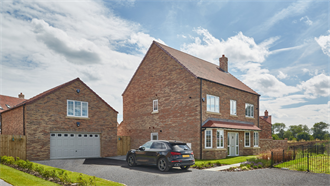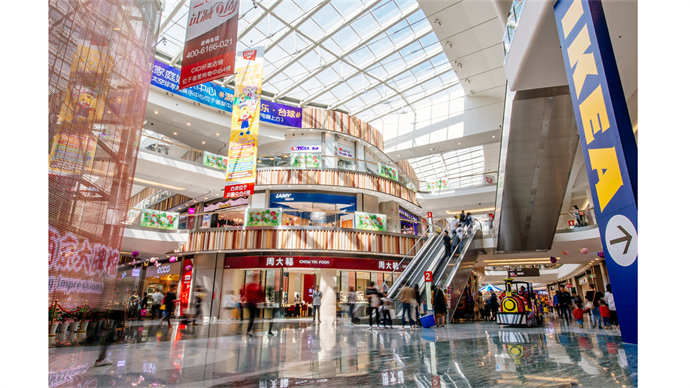Plans by Ingka Centres to double its portfolio of Ikea-anchored shopping centres over the next five years will see the group develop smaller formats in city centres.
MAGAZINE: Ikea moves into redevelopment
- In Magazine highlights
- 16:45, 03 april 2019
Premium subscriber content – please log in to read more or take a free trial.
Events
Latest news
Best read stories
-
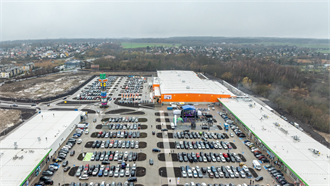
Trei invests €44m in Polish retail parks over 2024
- 19-dec-2024
International developer and asset holder Trei Real Estate has concluded 2024 with the opening of its 41st Vendo Park in Poland.
-
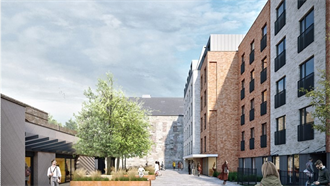
-
- 20-dec-2024
Deka snaps up Paris office building for €89m
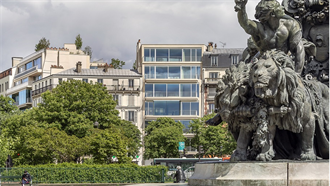
-
- 20-dec-2024
Kojamo secures €150m loan from SMBC Bank
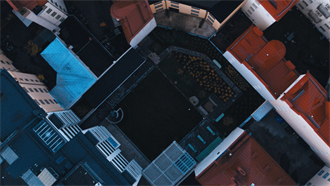
-
